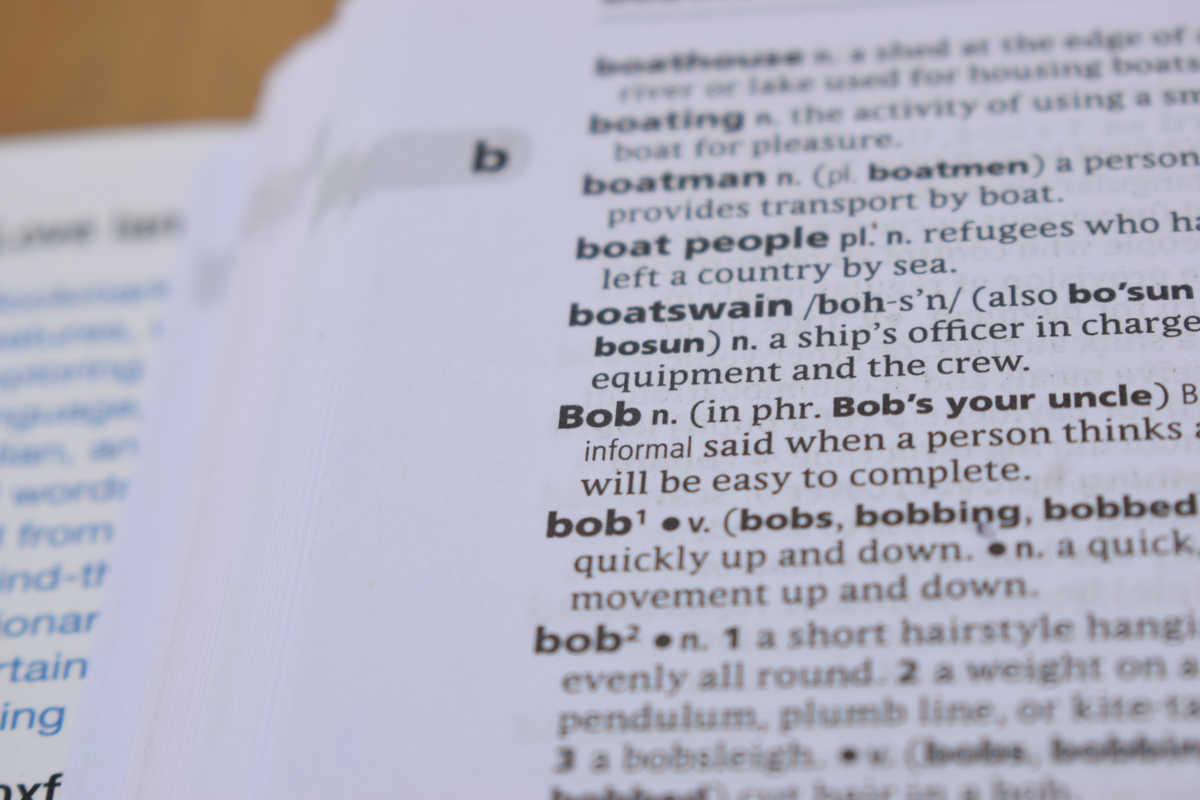EAL vs ESL: What's the Difference & Which is Accepted for Foundation Courses?
The terms "English as an Additional Language" (EAL) and "English as a Second Language" (ESL) are often used interchangeably, but there can be subtle differences in their usage.
EAL typically refers to individuals who are learning English in addition to their native language, which may or may not be widely spoken. It acknowledges the fact that English is an additional language for these individuals and may not be their second language in terms of proficiency or usage.
ESL, on the other hand, generally refers to individuals whose native language is not English and who are learning English as their second language. It implies that English is being learned after the individual's first language.
In terms of which term is more accepted for foundation course applications, it can vary depending on the institution or program. Some institutions may use EAL to be more inclusive and acknowledge that English may not be the second language for all applicants. Others may use ESL as a more traditional term. It would be best to check with the specific institution or program you are applying to in order to determine which term they prefer or accept.

原文地址: https://www.cveoy.top/t/topic/pAvI 著作权归作者所有。请勿转载和采集!